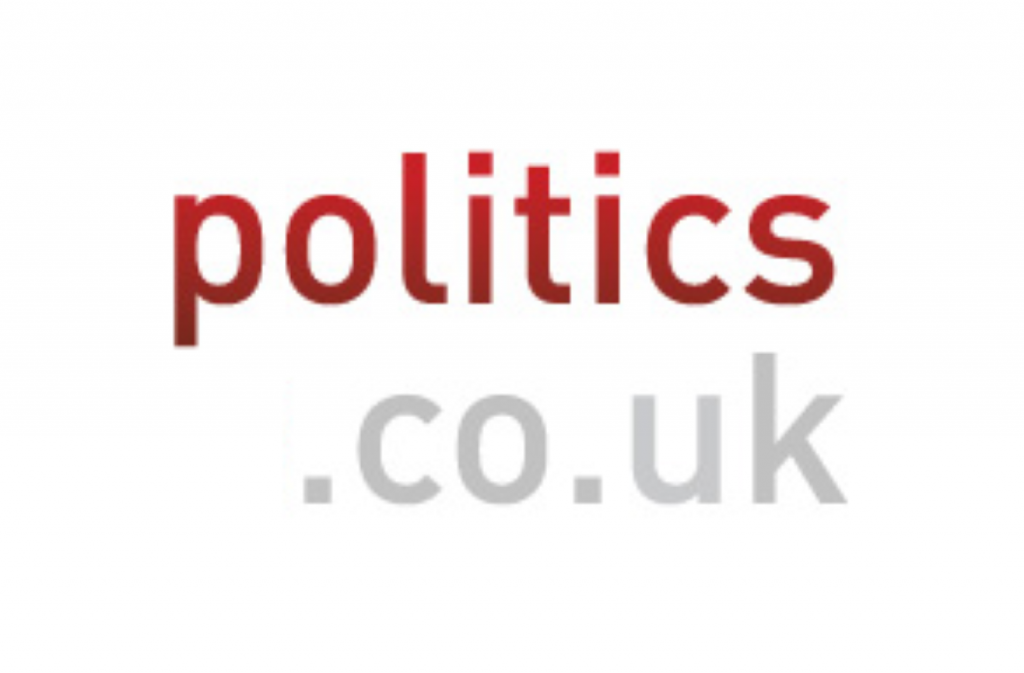‘Legitimate’ concerns over calculation method of waiting times – Reid
Health Secretary John Reid has admitted that NHS waiting time data should be extended to measure the time patients wait for diagnostic tests.
His comments follow an upbeat annual assessment by the NHS chief executive Sir Nigel Crisp who concluded waiting lists are down by 12 per cent from last year and 35 per cent from their peak of six-and-a-half years ago.
But a Liberal Democrat report out earlier in the week called ‘The Hidden Waiting List’ claimed that patients are having to wait unacceptably long times for diagnosis.
It claims that patients are waiting six months or more in two out of five NHS trusts for routine MRI scans and one in twelve trusts have waiting lists for MRI scans of over one year.


Dr Reid told BBC One’s Breakfast with Frost that the concerns were based on “legitimate criticism”.
“For decades we’ve measured the waiting time only from after the period you’ve been diagnosed so the whole period from meeting the doctor and the GP first of all right through consultation and diagnosis isn’t included.”
“I agree with that”, he said. “I want to see it measured from end to end so it’s all out in the open, get rid of open waits.”
Dr Reid “promised” that by 2008 the process from consultation, diagnosis to operation, will take place over a “total of 18 weeks maximum”.
He also expressed “delight” at the NHS chief executive’s report, saying it had “illustrated just how much advance and improvement” has been made.
“We are making huge cuts in waiting times for operations and access to see doctors”, Dr Reid said.
“People used to wait years for operations and we are now down to beneath nine months, next year it will be six months and I intend to continue speeding up access.”
The Health Secretary, however, ruled out calls for a change to the law on euthanasia to allow disabled people the right to die if their diminished quality of life is deemed so bad.
Sir Nigel’s annual report also pointed to a 12 per cent fall in cancer death rates since 1998 and a 27 per cent fall in coronary heart death rates between 1995 and 2003.












